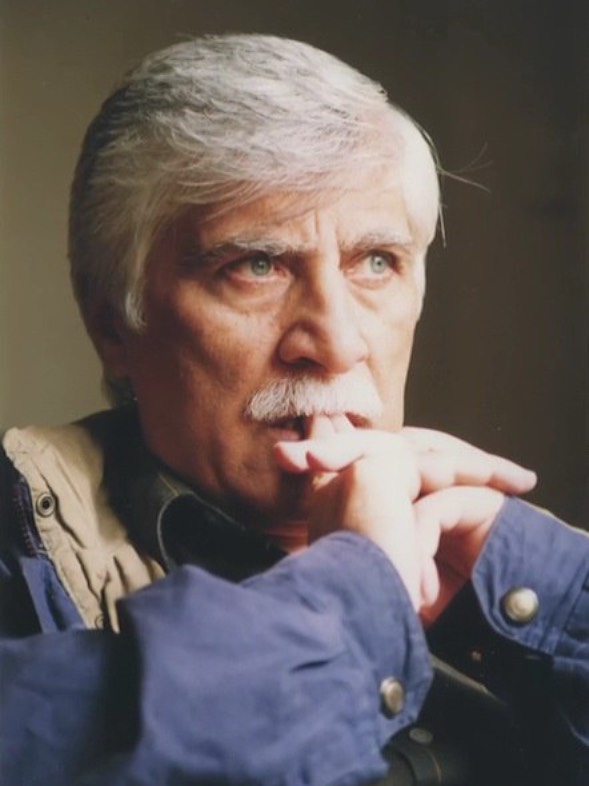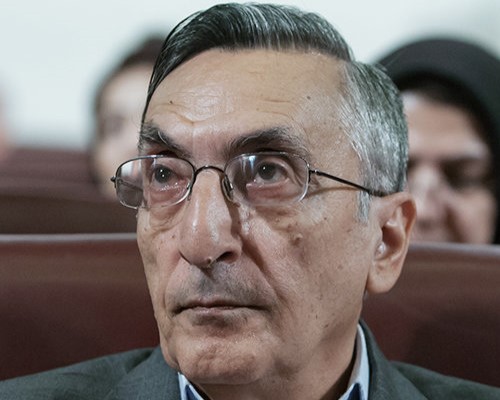Iranian filmmaker Jafar Panahi was awarded the Palme d’Or at the 78th Cannes Film Festival on Saturday, May 24, for his latest film A Simple Accident—a triumph that sparked global admiration and stirred significant political controversy.
Despite years of censorship and restrictions that had barred Panahi from officially making and screening films in Iran, this time he returned with an underground, unlicensed film that once again spotlighted the global stature of Iranian independent cinema. This Palme d’Or is only the second in Iranian cinema’s history—following Abbas Kiarostami’s Taste of Cherry in 1997.
Global Praise for a Filmmaker Defying Censorship
This edition of Cannes featured many prominent political and cultural figures, who hailed Panahi’s award not just as a cinematic success, but also as a symbol of “cultural resistance against repression.” French Foreign Minister Jean-Noël Barrot tweeted that the award represented “defiance in the face of Iran’s oppressive regime and a beacon of hope for freedom-seekers worldwide.”
Le cinéma est liberté. Soutien à Mohammad Rasoulof et bravo à la Palme d’or Justine Triet qui lui rend hommage.
— Jean-Noël Barrot (@jnbarrot) April 16, 2024
This statement quickly provoked an official backlash. Iran’s Ministry of Foreign Affairs summoned the French chargé d’affaires in Tehran, condemning Barrot’s remarks as “insulting” and “interventionist.” Iranian Foreign Minister Abbas Araghchi responded harshly, accusing France of “hypocritical human rights rhetoric,” adding: “Spare us the sermons—we don’t need ethical lessons from you.”
با کمال تأسف مطلع شدم جناب آقای دکتر احمد مسجد جامعی، یار دیرین فرهنگ و اندیشه، در سوگ فرزند جوان خویش نشستهاند. این مصیبت را به ایشان و خانواده گرامیشان تسلیت عرض میکنم. از درگاه خداوند متعال برای آن مرحومه، غفران و رحمت واسعه و برای بازماندگان، صبر و شکیبایی مسئلت دارم.
— Seyed Abbas Araghchi (@araghchi) April 17, 2024
Official Silence, Popular Congratulations
While the Islamic Republic’s official institutions remained silent and refrained from acknowledging Panahi’s international success, numerous cultural and artistic figures both inside and outside Iran praised the achievement. Many considered the award a milestone for Iranian cinema and a reward for Panahi’s years-long resistance against censorship.
Celebrated figures such as Asghar Farhadi, Saeed Roustaee, Payman Maadi, Nazanin Boniadi, Mehdi Yarrahi, and Nobel laureate Narges Mohammadi were among those who congratulated Panahi. In a collective statement signed by over 150 artists, writers, and activists, the Palme d’Or was described as “a symbol of art’s triumph over suppression” and “a testament to the endurance of creativity under duress.”
Cinema That Resonates—Even When Banned
A Simple Accident, made without official authorization and in secrecy, delivers a poignant narrative about a society trapped in political and moral gridlock. During his acceptance speech, Panahi dedicated the film to banned female filmmakers and to “all those who have stood up for Woman, Life, Freedom.”
Meanwhile, state-affiliated media in Iran—including IRIB, Farheekhtegan newspaper, and Mizan News Agency—condemned Cannes for “politicizing the festival” and labeled Panahi’s film as “negative propaganda.” Yet in a notable exception, Nour News, linked to Iran’s Supreme National Security Council, acknowledged the victory as a “historic achievement for Iranian cinema”—an involuntary recognition of the global impact of a film shunned at home.
Returning Home with Honor
Panahi, who had previously stated he had no intention of migrating or living in exile, shared a photo from Nice Airport a day after the festival’s closing ceremony, captioned: “The travelers return home.”
His appearance at Cannes marked his first official presence on an international red carpet after years of travel bans—a triumphant return that celebrated not just artistic merit, but also resistance in the face of suppression.






